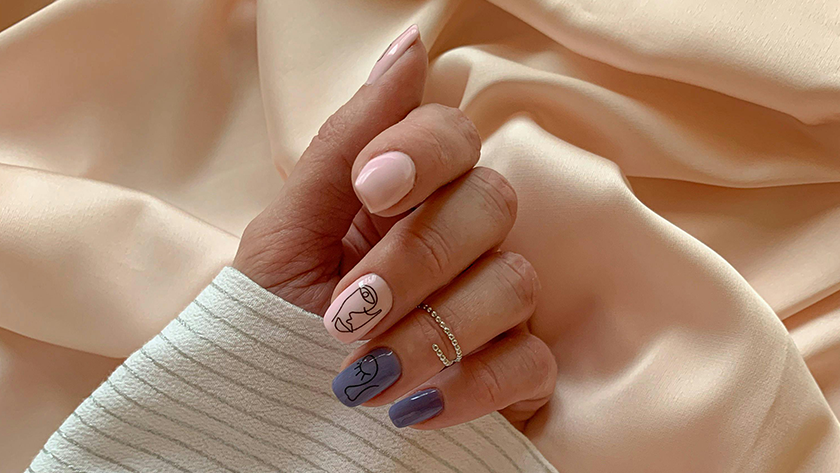
Can You Get Nail Fungus from Fake Nails?
When it comes to beautifying your nails, fake nails, or artificial nails, are a popular choice. They offer an instant transformation, providing length, strength, and a variety of designs. However, amidst the glamor, a question lingers: can you get nail fungus from fake nails? The short answer is yes, it is possible. Here’s what you need to know about the risks, how it happens, and ways to prevent it.
Understanding Nail Fungus
Nail fungus, or onychomycosis, is a common condition that can affect both fingernails and toenails. It usually starts as a white or yellow spot under the tip of your nail and can spread deeper, causing discoloration, thickening, and crumbling at the edge of the nail. While nail fungus itself isn’t typically dangerous, it can be unsightly and sometimes painful.
How Fake Nails Can Cause Nail Fungus
Fake nails can increase the risk of nail fungus in several ways:
-
Moisture Trapping: Fake nails, especially acrylic or gel ones, can create a tight seal over your natural nails. If any moisture gets trapped between the fake nail and your real nail, it provides a perfect breeding ground for fungi.
-
Improper Application: If the artificial nails are not applied correctly, gaps can form between the fake and natural nails. These gaps can harbor moisture and dirt, promoting fungal growth.
-
Damaging the Natural Nail: The process of applying and removing fake nails can damage the natural nail and the surrounding skin. Any damage to the nail bed can make it easier for fungi to take hold.
-
Poor Sanitation Practices: If the tools and products used during the nail application process are not properly sanitized, they can introduce fungi and bacteria to your nails.
Symptoms of Nail Fungus
Be on the lookout for the following signs of nail fungus:
- Discoloration (white, yellow, or brown)
- Thickened nails
- Brittle or crumbly nails
- Distorted nail shape
- Unpleasant odor
Preventing Nail Fungus with Fake Nails
To enjoy your fake nails without the worry of nail fungus, follow these tips:
-
Choose a Reputable Salon: Ensure the salon follows strict hygiene practices. The tools and equipment should be sterilized between uses.
-
Opt for Quality Products: High-quality products are less likely to cause damage and can provide better protection against fungi.
-
Keep Your Nails Dry: Avoid prolonged exposure to water and keep your nails as dry as possible. Dry your hands and nails thoroughly after washing.
-
Give Your Nails a Break: Allow your natural nails time to breathe between applications of fake nails. This can help maintain their health and reduce the risk of fungal infections.
-
Proper Removal: Always have your fake nails removed by a professional. Improper removal can damage your natural nails and increase the risk of fungus.
Treatment for Nail Fungus
If you suspect you have nail fungus, it's essential to seek treatment promptly. The Solution for Nail Mycosis can be used on the finger nails as well and doesn't contain hard chemicals that damage the nails in the long run. In some instances, a healthcare professional may recommend removing the nail to allow for direct treatment of the infection.
Conclusion
While fake nails can be a beautiful and fun way to express yourself, they do come with risks, including the potential for nail fungus. By understanding these risks and taking steps to mitigate them, you can enjoy your artificial nails safely. Always prioritize nail health by practicing good hygiene, choosing reputable salons, and giving your natural nails a break from time to time.
Remember, beautiful nails start with healthy nails. Keep them clean, dry, and properly cared for to avoid fungal infections and enjoy your manicured look with confidence.










